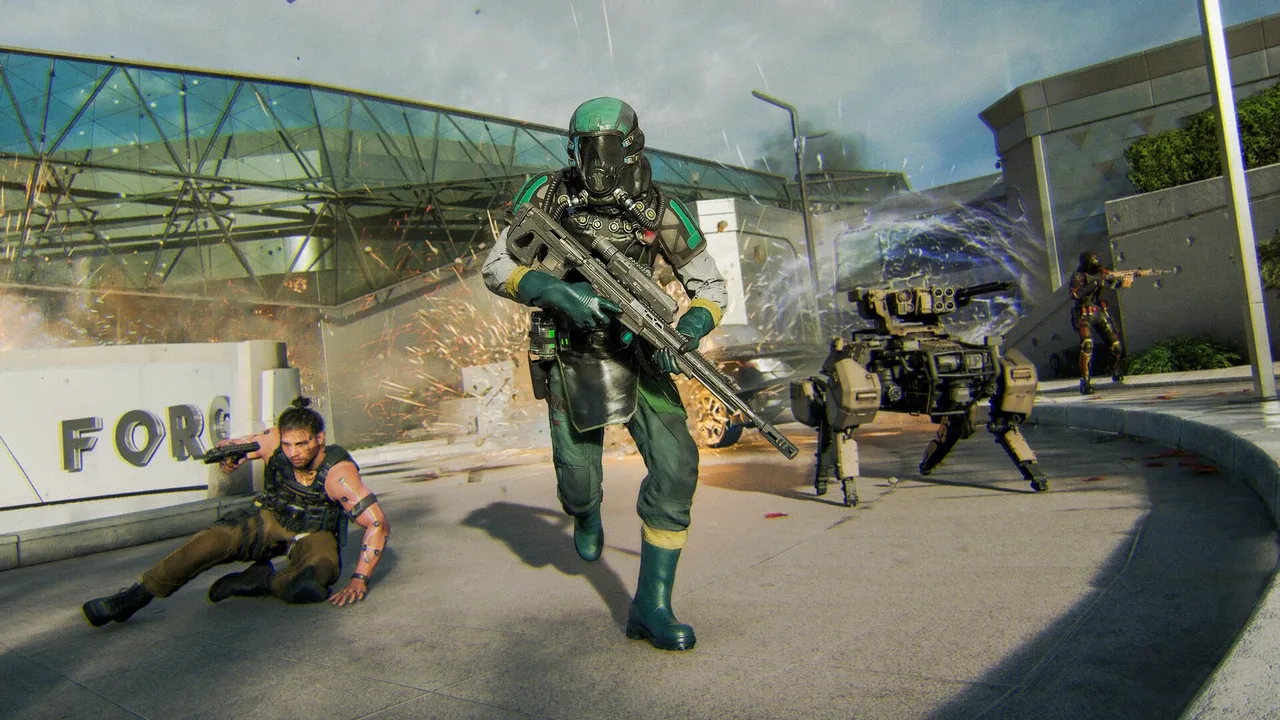Activision recently flexed that its Ricochet anti-cheat system is now catching and banning 97% of Call of Duty cheaters within just 30 minutes. Pretty impressive, right? But players were quick to raise an eyebrow. If you know who the cheaters are, why not deal with all of them? What’s going on with that last, sneaky 3%?
Well, the truth is a little less dramatic than it sounds. That remaining group isn’t made up of cheaters getting a free pass. Instead, it’s the batch of players who look suspicious but aren’t 100% confirmed. Maybe they’re using an undetected hack, or maybe they’re just freakishly good at quick-scoping. Ricochet doesn’t want to risk false bans. That’s something Activision’s been burned by before. So, those players get tossed into the “manual review” pile for human investigation.

Basically, 97% of bans are instant and automatic, while the 3% are under surveillance. Activision says this slower approach helps avoid banning legit players, even if it means a few shady ones get to hang around for a bit longer. Still, fans aren’t totally satisfied. Nobody likes running into “that one suspicious guy” who somehow dodged detection.
In the end, Ricochet’s doing a solid job, but it’s still not perfect. Cheaters evolve, tools get trickier, and that stubborn 3% remains a mystery Activision’s trying to crack. Here’s hoping they manage to make that number zero before the next Call of Duty drops, because nothing kills the vibe faster than getting sniped through a wall.


